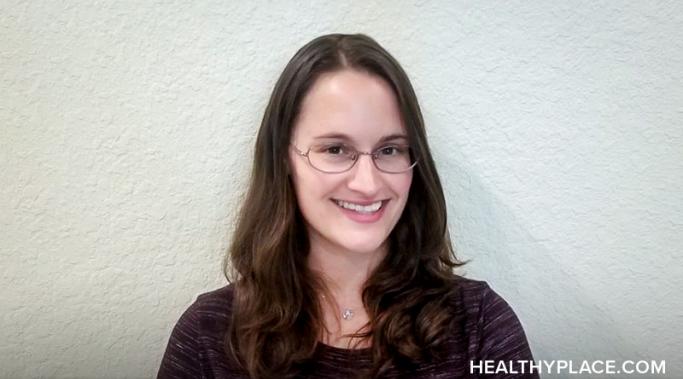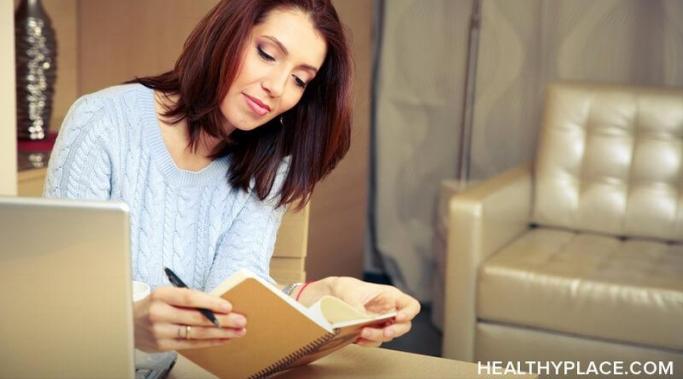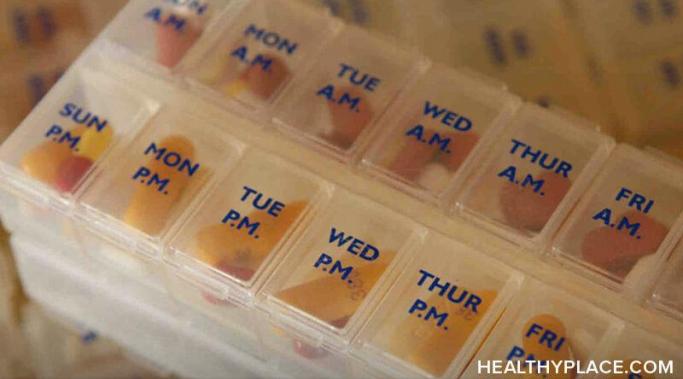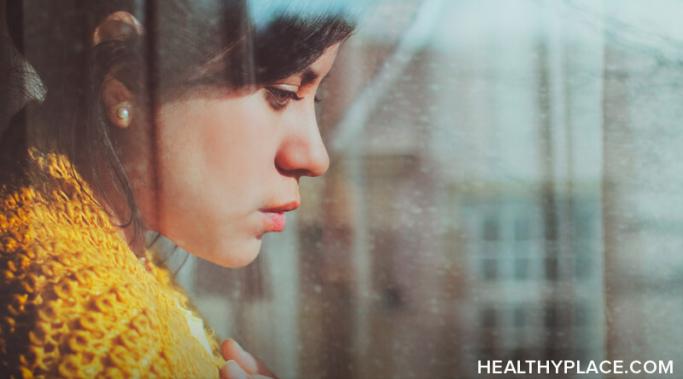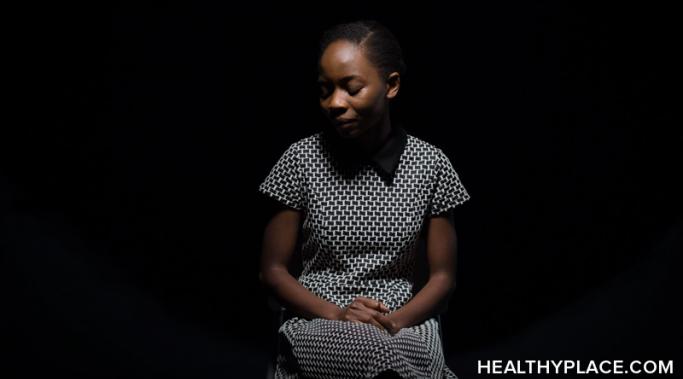Blogs
Ah, self-employment, it's a dream that many aspire to -- and that many succeed at with enough time, patience, and grit. For folks with bipolar, self-employment offers a number of advantages as well as challenges. If you struggle with work and bipolar disorder, self-employment may be an option worth exploring.
College is stressful and demanding. There's a lot to keep up with--not to mention how difficult the work is sometimes. It's normal to experience stress about schoolwork. However, college stress can have a negative impact on your mental health if you don't manage it well.
Juliana Sabatello
My name is Juliana Sabatello, and I'm happy to be joining HealthyPlace as a contributor to the "Relationships and Mental Illness" blog. I am 28, a South Florida native, and I studied psychology and human and social development at the University of Miami, and I have a master's in mental health counseling from the University of Central Florida. Like many in the mental health field, I became interested because of my experience with my own mental health early in life. I have had anxiety since early childhood, panic disorder since late adolescence, and my first major depressive episode at age 11. Mental illness has affected every relationship I have ever had.
No one ever said parenting would be a walk in the park, and I knew that parenting in eating disorder recovery would be challenging, but I was not prepared for how challenging it would be. I am the mother of four children under 10 years of age. I have two boys and two girls. Every day, especially as my kids get older, I am aware of how the things I say--and don't say--can affect their feelings about their bodies and their relationship with food.
Every day is different, and you can build self-esteem by doing a daily check-in to think about how you can set yourself up for success. Last month I was a guest on a Facebook Live hosted by HealthyPlace, and I mentioned this practice. It got some people interested, so I thought I would share how I go about doing it. This check-in will only take you a few minutes in the morning. If you're like me, you will find it a valuable addition to your day and a sure-fire way to build self-esteem.
"The 5 Second Rule" is not just about picking up food from the floor. It's also the title of an excellent book by Mel Robbins. It can help you create many positive changes in your life, such as becoming self-harm-free. What is this rule about, and how can you use the five-second rule to combat self-harm urges? I'll tell you all about it in this post.
It can be difficult to watch a loved one's mental health deteriorate when they struggle with the prescribed medication they need. It is also confusing when a family member chooses not to take their prescribed medication even when they know it will help them. In this article, I wanted to reach out to my family to understand their point of view when they do this.
I see a certain question come up time and again in discussions about health—which is more important: physical or mental health? Even if no one directly asks that question, the undertone of a large number of these conversations pits these two aspects of health against one another. We're even seeing it now with the global pandemic that continues to shake the world.
It's hard to look forward with bipolar disorder sometimes. Sure, if you happen to be hypomanic, or manic even, looking forward might make you feel great. You might feel like your hope is boundless and your life is limitless. If, however, you are in a depression, or even if you're euthymic (not in a bipolar mood episode), you might find looking forward with bipolar to be very hard indeed. I'm here to say, though, while it can be hard to be positive about the future with bipolar, it isn't impossible to see a glimmer or two on the horizon.
Despite a seemingly simple definition, it can be difficult sometimes to draw the line between what does and does not qualify as a self-harm disorder. Excoriation, for example, involves purposely and repeatedly harming your own skin—but is skin picking really self-harm?


